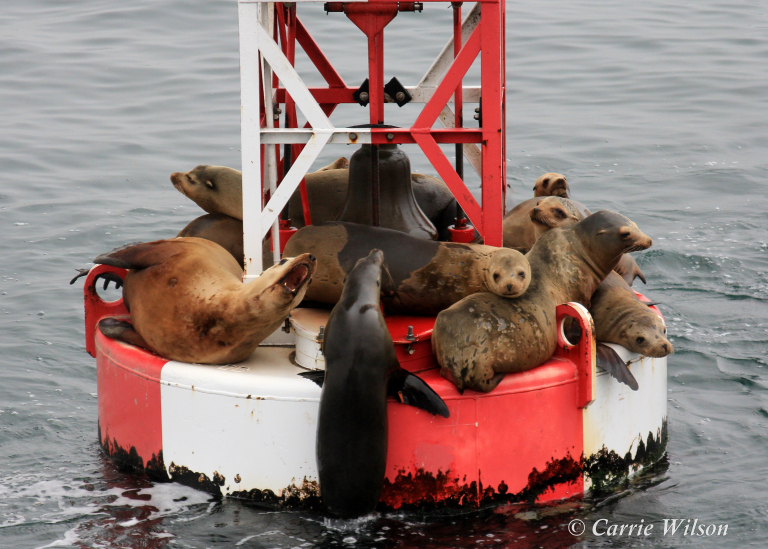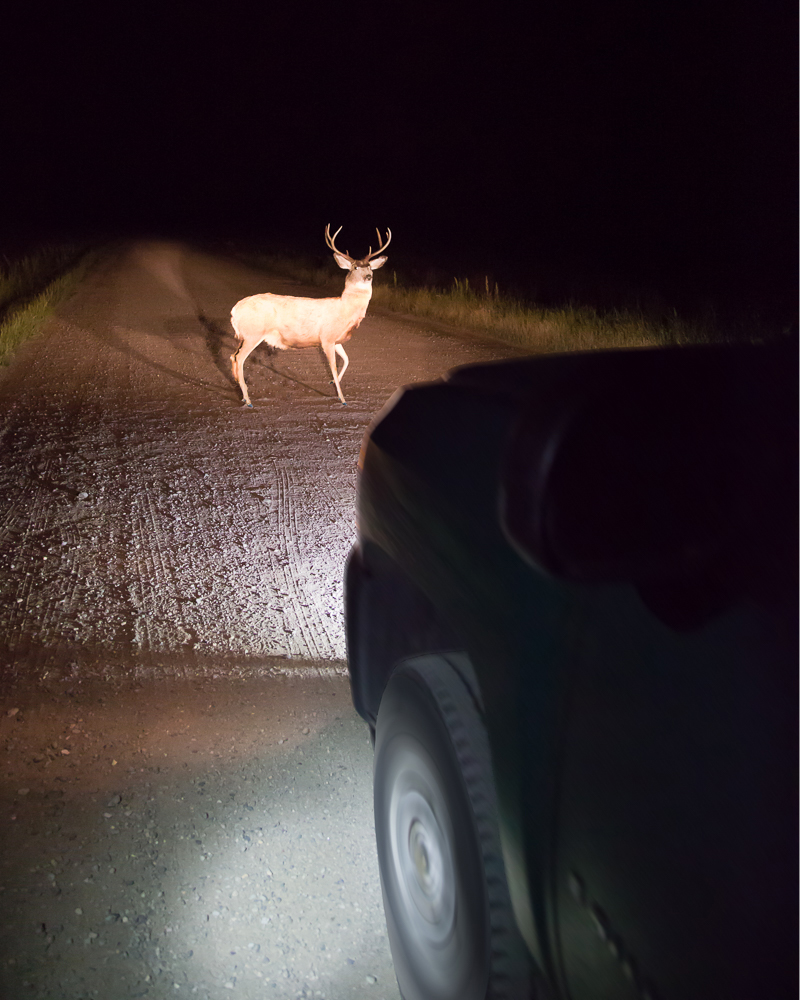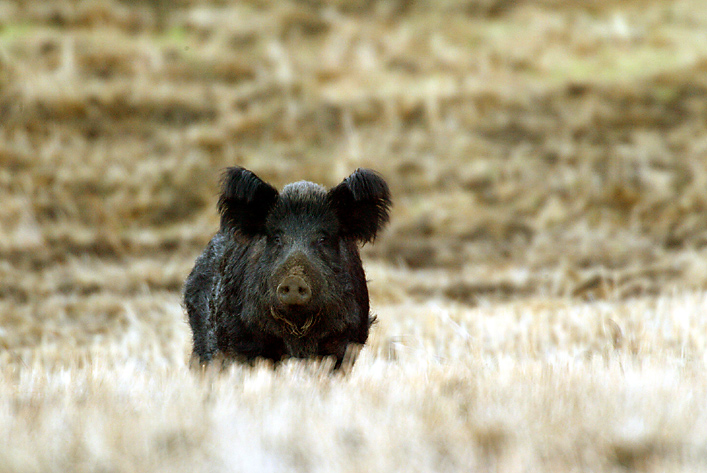From Sportfishing
Fish Report for 9-15-2017

Sea Lions Are Eating All My Bait!
9-15-2017
Carrie Wilson
(This column originally ran on Sept. 17, 2015.)
Question: Is there anything I can do to deter or discourage sea lions from eating all my crabbing bait? I know that seals and sea lions are protected under the Marine Mammal Protection Act but I’ve heard there are exceptions for recreational fishermen to deter them to prevent damage to private property, including gear and catch. What can I legally do to chase off these seals/sea lions or at least prevent them from chewing up my bait cages and hoop nets? Is it legal to shoot them with paintball guns? (Sam L.)
Answer: California sea lions and Pacific harbor seals have been federally protected under the Marine Mammal Protection Act since 1972, and thus harassing, capturing, killing or attempting to do so is prohibited and carries a hefty fine. According to the National Oceanic and Atmospheric Administration (NOAA), in recent years the populations of these animals have increased dramatically and are now considered healthy and robust.
The increased abundance of animals has resulted in more interactions with humans. People seeking legal methods for deterring marine mammals and protecting their property, fishing gear and catch from damage by sea lions and seals can find recommendations and approved methods on NOAA’s website.
Shooting wrong deer
Question: If you are out hunting and shoot a spike by mistake, what should a person do? What kind of trouble could a hunter get into for that if reported to the California Department of Fish and Wildlife (CDFW)? (Steve C.)
Answer: If you shoot a spike deer by mistake, you should immediately contact your local CDFW office and/or your local wildlife officer to report it and explain the situation. You may still be cited for wrongly harvesting an animal that you are not authorized to take. Don’t try to cover up the crime by not tagging it, sneaking it home or abandoning it in the field. You may be cited for additional violations that entail higher fines and penalties.
Archery for quail
Question: I am planning on archery hunting for quail this year. Do the same laws from shotgun apply to archery? Does the quail have to be flying before shooting at it? Or if I am archery hunting, can the quail be standing on the ground or sitting in the trees? (John V.)
Answer: The early archery-only season for quail ended on Sept. 8, but using archery equipment generally allows you to hunt both during the archery-only season (listed under California Code of Regulations Title 14, section 300) and during the general season. Otherwise, the bag and possession limits are the same.
Whether to shoot the birds when flying vs. when they are standing on the ground or roosting in trees is not a legal question but rather an ethical decision that you must make. Under the widely accepted “fair chase” principles that most hunters abide by, shooting upland game birds or waterfowl under conditions other than when they are flying would violate this principal and be considered unethical.
Six months residency requirement
Question: If a taxpayer is considered a California resident for tax purposes and pays about $6,000 a year in California income tax, plus California sales tax, but has lived overseas for part of the year, why can’t they purchase a resident fishing license until after they have physically resided in California for six months? Under the fishing regs it would be legal to purchase a license in January, leave the country and return in 11 months and the California license is still valid within the same year. What is the point of this rule? (Bob R.)
Answer: Various definitions of “resident” exist in different laws. For purposes of purchasing hunting and fishing licenses, Fish and Game Code section 70 defines a resident as “any person who has resided continuously in the State of California for six months or more immediately prior…” to the date of application for a license or permit. The law also includes specific provisions regarding persons on active duty in the military and persons enrolled in the federal Job Corps. There is an obvious cost savings associated with having resident status when purchasing licenses, thus many people attempt to purchase resident licenses in more than one state to abuse this privilege. The definition is an attempt to prevent the abuse.
Carrie Wilson is a marine environmental scientist with the California Department of Fish and Wildlife. While she cannot personally answer everyone’s questions, she will select a few to answer each week in this column. Please contact her at CalOutdoors@wildlife.ca.gov.
< Previous Report Next Report >
More Reports

9-15-2017
Caltrans and the California Department of Fish and Wildlife (CDFW) remind motorists to remain alert for wildlife on roadways during...... Read More

9-13-2017
The California Department of Fish and Wildlife’s (CDFW) Shared Habitat Alliance for Recreational Enhancement (SHARE) program will provide public access...... Read More

Website Hosting and Design provided by TECK.net